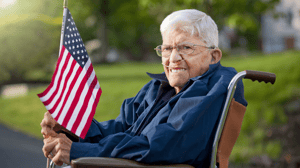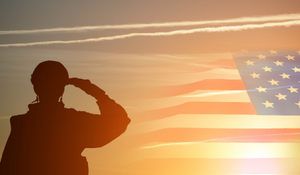The US Government Department of Veteran Affairs (VA) partnered with Google last year to increase Veterans' access to services and data. This initiative was hailed as an achievement in a sector that, at times, seemed hesitant to fully embrace technology.
However, VA's program delivered a clear message: the US government and non-profit sector serving former military personnel are ready to begin on a digital journey. One with numerous benefits for veterans and the opportunity for improvement in veteran case management.
Another component that has recently acquired traction among government and private non-profit organizations is the gathering and analyzation of data for veteran services. Veteran services caseworkers realize the value in leveraging data's power to improve their services, and many organizations are eager to invest in data analytic technologies.
Let's look into the seeming simple but huge impact data driven analytics can change the way veteran service organizations operate.









